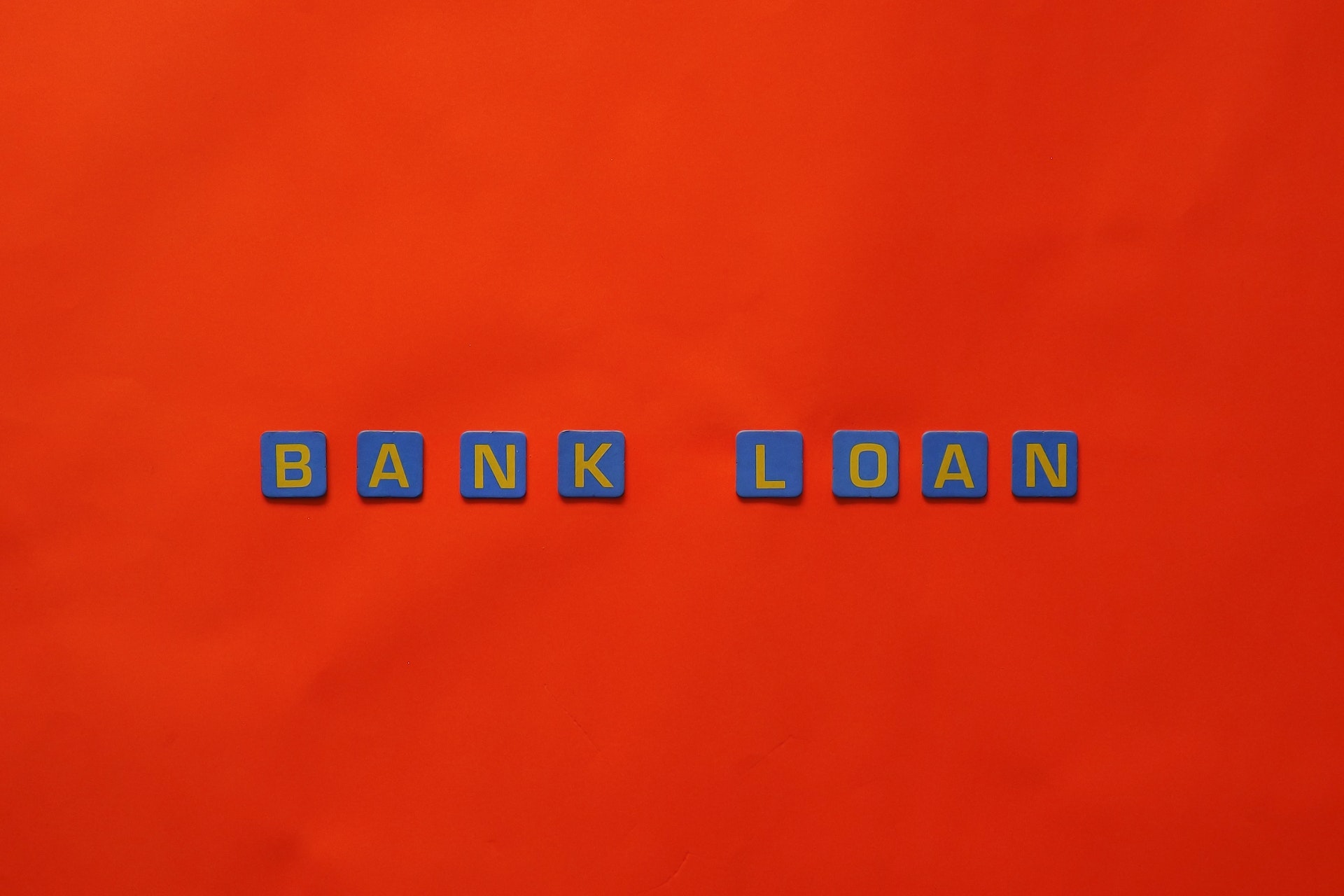
When it comes time to borrow money, you can consider two main types of loans: secured and unsecured. Each type of loan has advantages and disadvantages, and it is essential to understand the differences between them before deciding which one is right for you. This article will discuss the basics of secured and unsecured loans, their pros and cons, to help you make an informed decision.
Whether you’re looking to purchase a new car or home, consolidate debt, finance a large purchase such as furniture or appliances, take out a personal loan for medical expenses or need cash for something unexpected, you can choose between a secured or unsecured loan. Before deciding which type of loan is right for you, it’s essential to understand the differences between them and consider which will meet your financial needs best.
Table of Contents
What is a secured loan?
An asset like a house or car typically secures a secured loan. The lender holds the title to the asset until the loan has been paid off in full; if the borrower fails to make payments or defaults on their loan, they risk losing their collateral. Because an asset backs these loans, lenders generally feel more comfortable offering them because there is less risk involved with lending money with collateral attached.
Car title loans for example are a short-term secured loan. You can now get car title loans completely online.
Pros of secured loans
Secured loans have several pros, including:
Low-interest rates: Because an asset backs the loan, lenders are typically willing to offer lower interest rates on secured loans than unsecured ones. This can save borrowers a lot of money in the long run, as they won’t pay as much interest over time.
More straightforward approval process: Since there is less risk involved with lending money that has collateral attached, lenders may feel more comfortable approving a secured loan because it makes them less likely to lose money should the borrower default on the loan.
Longer repayment terms: Secured loans typically come with more extended repayment periods, allowing borrowers to pay off the loan over a more extended period. This can make it easier for borrowers to make their monthly payments, which can help those with a limited budget.
Cons of secured loans
Despite the advantages of secured loans, there are some drawbacks as well:
Property loss if you default: If you fail to make payments or default on your loan, you risk losing the asset used as collateral.
Potential for high fees: Additional fees may be associated with taking out a secured loan, such as processing or appraisal fees, that can add up quickly and make the loan more expensive.
Reduced flexibility: The terms of a secured loan are often less flexible than an unsecured loan, meaning borrowers may have fewer options for repayment or refinancing their loan.
What is an unsecured loan?
An unsecured loan, on the other hand, is not backed by any collateral. As such, lenders may be more hesitant to approve them since more risk is involved in lending money without collateral.
Pros of unsecured loans
Unsecured loans also have their advantages, including:
No risk of losing property: Because an asset does not back unsecured loans, borrowers don’t have to worry about risking their home or car if they default.
Faster approval process: Since there is less paperwork and no need for appraisals associated with unsecured loans, the approval process may be faster than that of a secured loan.
Flexible repayment terms: Unsecured loans often come with more flexible repayment terms than secured loans, meaning borrowers may have more options regarding how and when they make payments.
Cons of unsecured loans
There are also some downsides to unsecured loans, such as:
Higher interest rates: Since no collateral is attached to an unsecured loan, lenders may charge higher interest rates to offset the risk of lending money without collateral.
Lower approval chances: With any form of collateral attached, lenders may be more likely to approve unsecured loans than secured ones. Those with bad credit or limited income may not qualify for an unsecured loan.
Shorter repayment periods: Unsecured loans often come with shorter repayment periods than secured loans, meaning borrowers need to pay the loan off sooner. This can make it difficult for those who don’t have the budget to pay off the loan quickly.
All things considered
Choosing between a secured and unsecured loan can be tricky, as both options have benefits and drawbacks. Therefore, it is crucial to consider your financial situation and goals when deciding which type of loan is right for you. If you require money fast, an unsecured loan may be the best option; however, if you have some collateral or good credit, a secured loan may be more beneficial. Ultimately, it is essential to weigh all of your options before deciding so that you can choose the one that best meets your needs.
By considering your options, you can make an informed decision and choose the type of loan that suits your particular situation. With the right loan, you can achieve all of your financial goals. Good luck.

